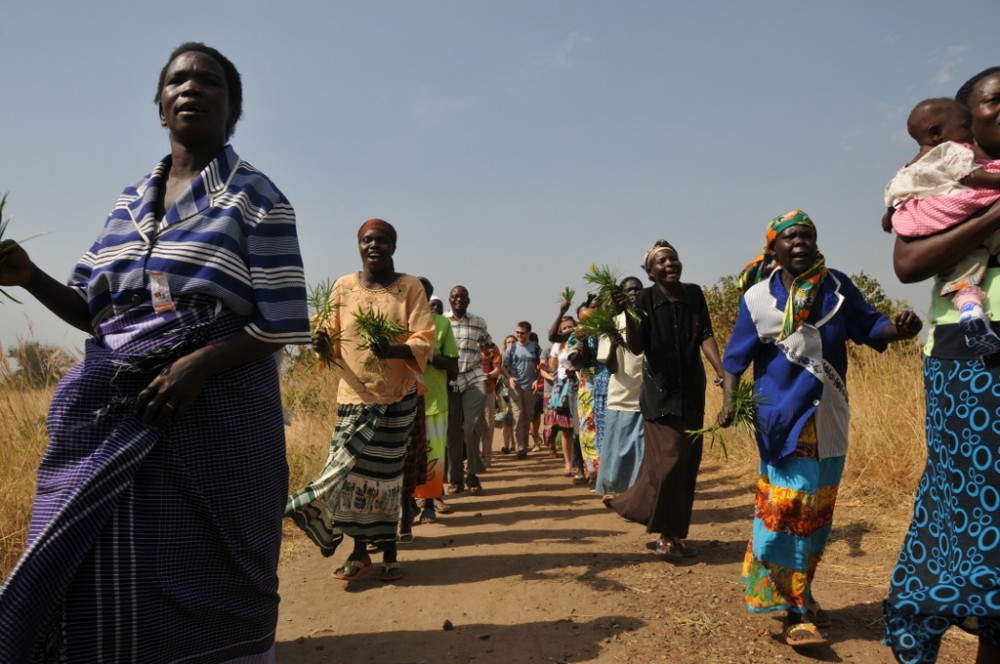The faith leaders who helped bring about peace in Uganda

On February 4, the International Criminal Court found Dominic Ongwen, a trusted lieutenant in the Lord’s Resistance Army, guilty of 61 counts of murder, rape, sexual enslavement, and the “forced pregnancy” of women—a charge not previously lodged in that court.
In founding the guerrilla group known later as the LRA in 1987, Joseph Kony declared that its purpose was to restore the dignity of the ethnic Acholi people in northern Uganda and to call them to return to the dictates of God’s law.
But spiritual warfare soon became a brutal civil war. LRA forces began rampaging through villages, killing and maiming indiscriminately. Abducted boys, indoctrinated in the bush, were trained to be ruthless killers. Abducted girls were distributed to officers as sexual prizes.





